The Week in Quantum Computing. Brought to you by Sergio Gago (@piratecto).
This week is about benchmarks and how far are we from actual, real utility. A paper claims that business advantage may come sooner than cryptographic havoc. But others claim they resources required for that are still far on the development roadmap. Metriq, a project by the Unitary Fund, seems to agree with their community benchmarks. This alphas been acquisition week with Infleqtion and ORCA going shopping. And Cisco and NuQuantum partnering on the networking side. All that with the error correction shadow in our backs, and a reported reduction on private investment lazy year. (Remember last year we talked about budgets pivoting towards AI. However this year we have started strong).
DORA and your quantum-safe cryptography migration
Quantum computing is a new paradigm with the potential to tackle problems that classical computers cannot solve today. Unfortunately, this also introduces threats to the digital economy and particularly the financial sector.
Link: https://ift.tt/z6VZr0i
January 28, 2024 at 11:30AM
Quantifying the effect of gate errors on variational quantum eigensolvers for quantum chemistry
Variational quantum eigensolvers (VQEs) are leading candidates to demonstrate near-term quantum advantage. Here, we conduct density-matrix simulations of leading gate-based VQEs for a range of molecules. We numerically quantify their level of tolerable depolarizing gate-errors.
Link: https://ift.tt/NRnyXvH
January 28, 2024 at 11:30PM
Infleqtion Accelerates Commercialization of Quantum Products at Scale with Silicon Photonics Acquisitions
AUSTIN, Texas, /PRNewswire/ -- Infleqtion, the world's leading quantum information company, today announced it has acquired two integrated silicon photonics companies: SiNoptiq Inc. and Morton Photonics Inc.
Link: https://ift.tt/dRPrLvi
January 29, 2024 at 05:30PM
Insilico Medicine reveal how quantum computing can unlock understanding of ageing and disease
Researchers from Insilico Medicine have shown how quantum computing can be integrated into the study of living organisms to shed light on biological processes like ageing and disease.
Link: https://ift.tt/OIWKyLz
January 29, 2024 at 05:30PM
Swedish Company ConScience AB Launch First Generation Quantum Device
The Gothenburg based company ConScience AB is launching their first Quantum Device Quantum device manufacturing is very complex.
Link: https://ift.tt/qwzXUYG
January 29, 2024 at 06:30PM
US National Science Foundation Launches National AI Research Resource Pilot
In a major stride toward building a shared national research infrastructure, the U.S. National Science Foundation has launched the National Artificial Intelligence Research Resource pilot program with significant support from NVIDIA.
Link: https://ift.tt/UQ5fzpP
January 29, 2024 at 06:30PM
“You have to steer clear of the hype. As I like to say, quantum computing is also interesting if you only say things that are true.”
Interview with Prof. Dr. Eisert.
Berlin has become increasingly recognized as a center for quantum research. How does the Berlin ecosystem foster progress in this field, and what unique advantages does the city offer researchers like you?
Berlin is a scientific center in several respects. First of all, it is a wonderful research location with a large number of bright minds. Then there are also a number of formats that support the Berlin ecosystem. The Einstein Research Unit on Quantum Devices is promoting the topic as part of the Excellence Initiative. It is also part of the DFG Cluster of Excellence MATH+. Above all, the Berlin Senate is funding the ecosystem as part of Berlin Quantum.
Link: https://ift.tt/SCw3VBN
January 30, 2024 at 02:30PM
Is quantum computing the next technology on the EU's regulation agenda?
In the last weeks of 2023, the European Commission announced its new Declaration on Quantum Technologies in a bid to put the advanced technology firmly on the bloc's agenda.
Link: https://ift.tt/k4Qx1I0
January 30, 2024 at 03:30PM
Who needs qubits? Physicists make light-based ‘qumodes’ for quantum computing
Quantum computers are built from qubits: physical objects with properties that have one of two possible results when measured. The prototypical example is an electron, whose spin will always show as either clockwise or counterclockwise. Konno, S. et al. Science 383, 289–293 (2024).
Link: https://ift.tt/0CLupeB
January 30, 2024 at 09:31PM
IQM–OpenOcean–Lakestar State of Quantum 2024: Quantum resilient to investment slowdown with widespread government backing
Report shows government commitments now outstrip VC investments into quantum computing as national labs accelerate practical quantum applications Today, IQM Quantum Computers, a global leader in building quantum computers, OpenOcean, a leading European venture capital firm, and Lakestar, the leadin
Link: https://ift.tt/3j8GV9i
January 30, 2024 at 11:30PM
Fujitsu and Delft University of Technology establish new quantum lab
Industry-academia collaboration hub Fujitsu Advanced Computing Lab Delft at Delft University of Technology to drive development of advanced quantum computing technologies Fujitsu Limited, Delft University of Technology Fujitsu and Delft University of Technology today announced the establishment of
Link: https://ift.tt/7CIobw0
January 31, 2024 at 10:30AM
Cisco announces new quantum networking collaboration with UK startup
Cisco has announced a new quantum networking collaboration with Nu Quantum, a UK startup. The partnership with Nu Quantum, based in Cambridge, will see Cisco become a prospective end-user for “Lyra,” a project that aims to deliver the world’s first “Quantum Networking Unit” (QNU.
Link: https://ift.tt/c6ZCFNi
January 31, 2024 at 10:30AM
ORCA Computing acquires GXC's integrated photonics division
The acquisition leapfrogs the company ahead, bypassing years of investment in and exploration of traditional integrated photonics materials.
Link: https://ift.tt/b7dJ3yY
January 31, 2024 at 12:30PM
Investors threw 50% less money at quantum last year
Quantum companies received 50 percent less venture cap funding last year as investors switched to generative AI or shied away from risky bets on Silicon Valley startups. Progress in quantum computing is being made, but practical applications of the technology are still likely years away.
Link: https://ift.tt/IrnkOSl
February 01, 2024 at 04:30PM
Quantum Computing Has Entered the Logical Qubit Era. Why Does That Matter?
Quantum computing is on the cusp of a major revolution, a shift that could redefine the boundaries of computation and problem-solving. At the heart of this revolution is the transition to the “logical qubit era” in which errors in quantum computers will be dramatically reduced.
Link: https://ift.tt/jImy0wG
February 01, 2024 at 11:30PM
Paper: Assessing the Benefits and Risks of Quantum Computers
Quantum computing is an emerging technology with potentially far-reaching implications for national prosperity and security. Understanding the timeframes over which economic benefits and national security risks may manifest themselves is vital for ensuring the prudent development of this technology. To inform security experts and policy decision makers on this matter, we review what is currently known on the potential uses and risks of quantum computers, leveraging current research literature.
The maturity of currently-available quantum computers is not yet at a level such that they can be used in production for large-scale, industrially-relevant problems, but they are not believed to currently pose security risks. We identify 2 large-scale trends -- new approximate methods (variational algorithms, error mitigation, and circuit knitting) and the commercial exploration of business-relevant quantum applications -- which, together, may enable useful and practical quantum computing in the near future.
Crucially, these methods do not appear likely to change the required resources for cryptanalysis on currently-used cryptosystems. From an analysis we perform of the current and known algorithms for cryptanalysis, we find they require circuits of a size exceeding those that can be run by current and near-future quantum computers (and which will require error correction), though we acknowledge improvements in quantum algorithms for these problems are taking place in the literature. In addition, the risk to cybersecurity can be well-managed by the migration to new, quantum-safe cryptographic protocols, which we survey and discuss.
Given the above, we conclude there is a credible expectation that quantum computers will be capable of performing computations which are economically-impactful before they will be capable of performing ones which are cryptographically-relevant.
Link: https://ift.tt/ZiOtW6T
February 02, 2024 at 07:30AM
Colorado is competing for federal funding to aid local advancement of quantum technology
Colorado is competing with Wyoming, New Mexico and Illinois to move into the second phase of the U.S. Department of Commerce's "Tech Hub" program for the advancement of quantum technologies.
Link: https://ift.tt/4wfDh7W
February 02, 2024 at 08:30AM
Quantum Computing - Hype vs. reality | Field Notes
As the race to build the world's first truly useful quantum computer intensifies, so too does the need for clear-eyed assessment. This Field Notes episode brings in the Google Quantum AI team to help answer a few fundamental questions to drive understanding of its impact now and in the future. Reso
Metriq - Community-driven Quantum Benchmarks
Metriq is a platform for tracking and sharing quantum technology benchmarks. Users can make new submissions that show the performance of different methods on platforms against tasks.
https://metriq.info
February 03, 2024 at 04:30PM
Hamiltonian variational ansatz without barren plateaus
Variational quantum algorithms, which combine highly expressive parameterized quantum circuits (PQCs) and optimization techniques in machine learning, are one of the most promising applications of a near-term quantum computer. Despite their huge potential, the utility of variational quantum algorithms beyond tens of qubits is still questioned. One of the central problems is the trainability of PQCs. The cost function landscape of a randomly initialized PQC is often too flat, asking for an exponential amount of quantum resources to find a solution. This problem, dubbed barren plateausbarren plateaus, has gained lots of attention recently, but a general solution is still not available. In this paper, we solve this problem for the Hamiltonian variational ansatz (HVA), which is widely studied for solving quantum many-body problems. After showing that a circuit described by a time-evolution operator generated by a local Hamiltonian does not have exponentially small gradients, we derive parameter conditions for which the HVA is well approximated by such an operator. Based on this result, we propose an initialization scheme for the variational quantum algorithms and a parameter-constrained ansatz free from barren plateaus.
Link: https://ift.tt/e2guzCN
February 03, 2024 at 05:30PM


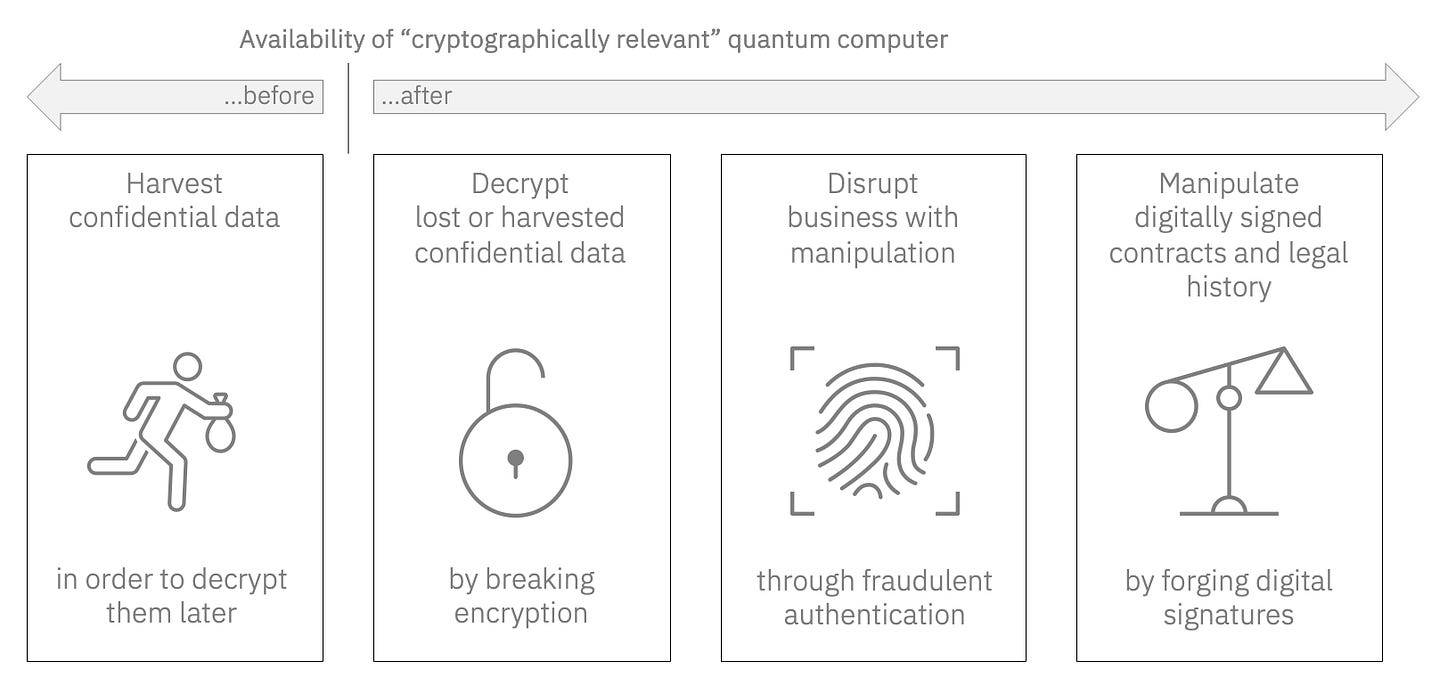

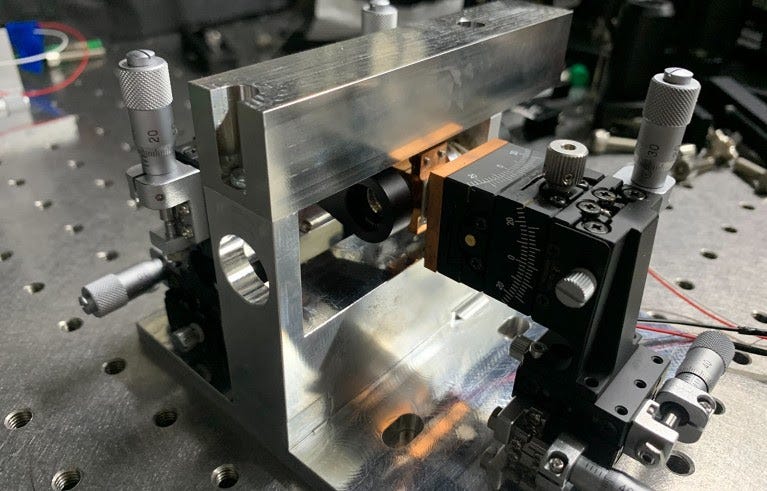
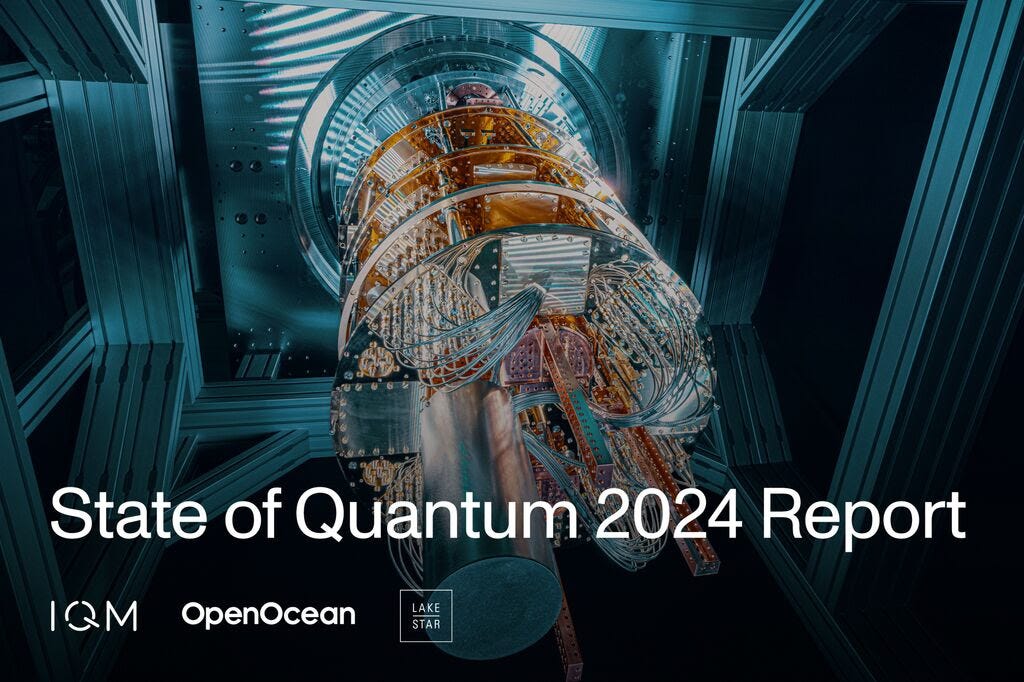
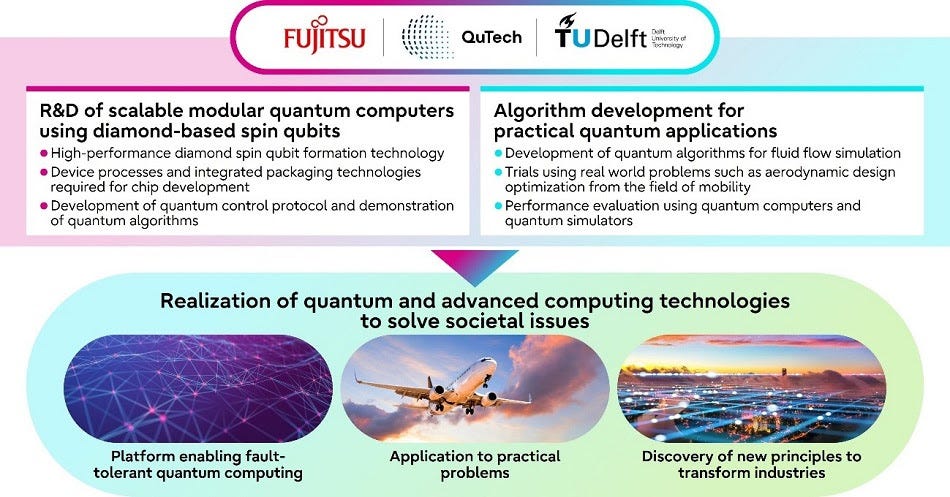
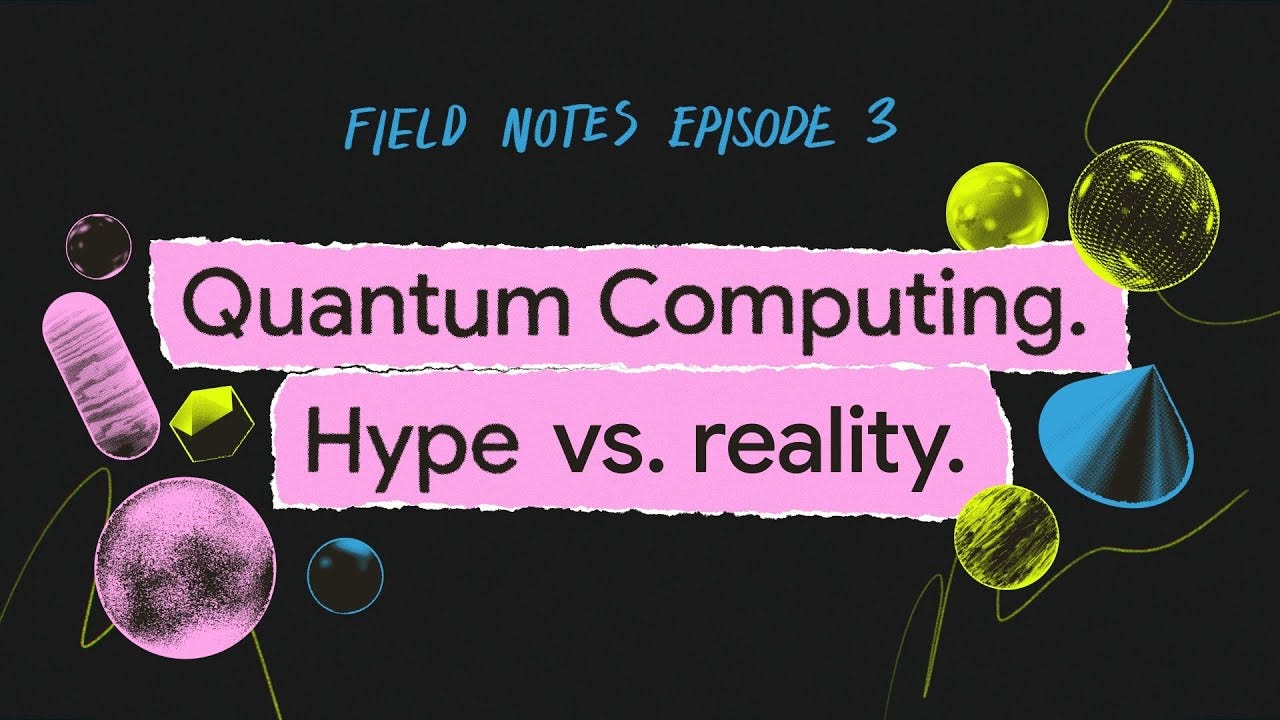
Thanks for sharing Infleqtion's news!